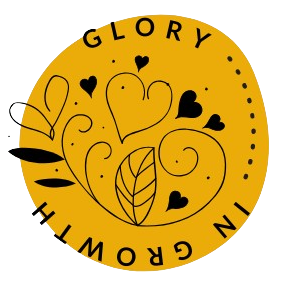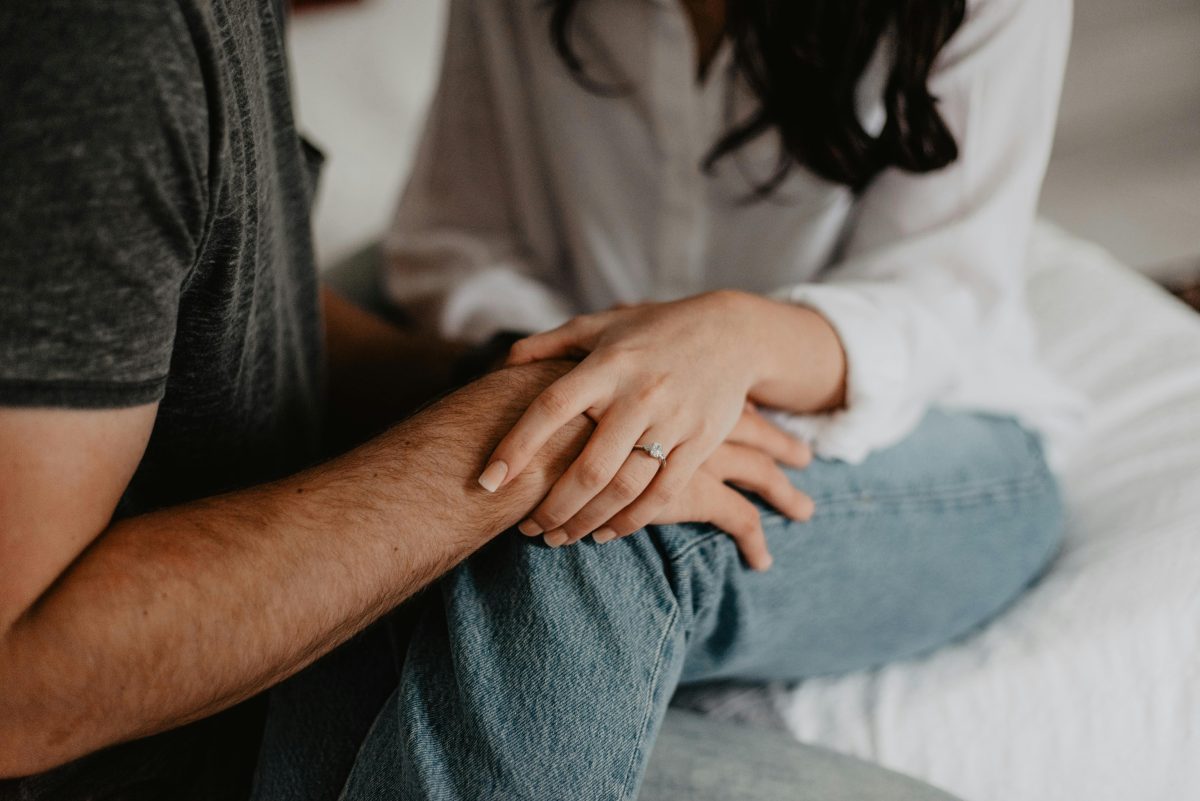Have you ever felt like love was just out of reach? Like your past trauma made it impossible to find someone who could truly understand and support you? You’re not alone. When we’ve been hurt, trusting again can feel impossible—but love, real love, has the power to heal those wounds. In their song “Trust,” Keyshia Cole and Monica sing about a love that can carry you through emotional baggage, one that says, “I know you’ve been through a lot, but I’m here to stay.”
But what does that kind of love look like? How do we know if someone in our lives is capable of loving us through our vulnerabilities, past pain, and the trust issues we carry with us? And how can we recognize a trauma-informed relationship—one that embraces emotional availability, secure attachment, and the willingness to engage in the hard work of emotional labor and co-regulation?
In this article, we’ll break down the key signs of a truly supportive and healing love, referencing expert insights from bell hooks, Esther Perel, and others. We’ll explore how “Trust” reflects the depth of emotional care needed for those of us still healing, and offer practical examples of what to look for in a partner who can be there for you—even when the going gets tough.
The Healing Power of Love: What Trust Teaches Us About Trauma-Informed Relationships
The opening lines of “Trust”—“Let me be the one who can take you from all the things you’ve seen”—speak directly to what it means to offer secure attachment in a relationship. For those of us who have been through trauma, the act of trusting again often feels overwhelming. But the love that Keyshia Cole and Monica sing about is rooted in patience, understanding, and a commitment to emotional safety.
A trauma-informed relationship is one where both partners recognize each other’s emotional wounds and navigate them with care. bell hooks, in All About Love, writes that “real love is a combination of trust, respect, care, and knowledge.” This kind of love is more than an emotion—it’s a practice of emotional labor and empathy that builds trust through everyday acts of care.
In the song, the lyrics “I know you’ve seen a lot of things in your life, got you feeling like this can’t be right. I won’t hurt you, I’m down for you baby” reflect a fundamental aspect of secure attachment—the ability to offer reassurance and safety in the face of doubt and fear. Love, in this context, is about staying, showing up, and being there when someone needs you most.
Understanding the Terms: Love as Emotional Labor and Co-Regulation
In order to truly understand how to build a relationship that supports healing from trauma, it’s essential to break down some of the key concepts that underpin this kind of love. When we talk about emotional labor and co-regulation, we’re referring to the ongoing effort of helping each other feel safe, stable, and emotionally balanced in the relationship.
Esther Perel, renowned for her work on relationships and intimacy, explains that emotional availability is critical in forming deep connections. In a trauma-informed relationship, your partner needs to be available not just physically, but emotionally, capable of providing empathy and understanding when you’re triggered or feeling vulnerable. This is a form of emotional labor—work that often goes unnoticed but is critical for building a foundation of trust.
Similarly, co-regulation refers to how partners help each other regulate their emotions during moments of stress or anxiety. Instead of escalating conflict, a loving partner will help you calm down, offering stability when your emotions feel overwhelming. In “Trust,” this is reflected in the line, “Let me show you love can be easy, if you just let it be.” It’s about creating an environment where healing doesn’t feel like an uphill battle, but rather a shared journey.
Recognizing a Supportive and Healing Partner
If you’ve experienced trauma or struggled with trusting others, it’s natural to be cautious when letting people into your life. But how can you tell when someone is truly a supportive, healing presence? Here are some key signs, rooted in expert literature, that someone is capable of loving you through your vulnerabilities:
- They Create an Emotionally Safe Space
- A healing partner understands the importance of emotional safety. This means that you feel free to express your fears and insecurities without being judged. According to Esther Perel, intimacy is built when partners can be emotionally available and open, offering a secure base from which you can both grow.
- In “Trust,” Keyshia and Monica echo this sentiment with, “I’ll give you everything that I’ve got,” emphasizing the importance of feeling safe enough to give your heart to someone fully.
- They Validate Your Emotions
- One of the cornerstones of a secure attachment relationship is emotional validation. As Bessel van der Kolk writes in The Body Keeps the Score, trauma survivors need their feelings to be seen and acknowledged. A supportive partner will never dismiss your emotional experiences but instead will empathize with your pain and offer comfort.
- The lyrics, “I know you’ve seen a lot of things in your life,” reflect a deep acknowledgment of your past and your emotional scars, creating space for healing.
- They Show Patience in Your Healing Journey
- Healing is not a straight line, and a supportive partner understands that. In a trauma-informed relationship, your partner will be patient with your ups and downs, never pressuring you to “move on” or “get over it.” As bell hooks reminds us, real love is about showing up every day, even when it’s hard.
- The repeated reassurance in “Trust,” “I won’t hurt you, I’m down for you baby,” embodies the kind of patience that is essential for a trauma survivor to heal in the context of love.
- They Engage in Emotional Labor
- A partner who is committed to healing will engage in the emotional labor required to maintain the relationship. This means actively listening, offering reassurance, and doing the work of helping you feel safe. It’s not always easy, but it’s essential for fostering a bond built on trust.
- The refrain in “Trust” captures this effort: “I trust you, I love you, I want you, I need you.” These words are more than declarations—they’re commitments to engage in the daily work of maintaining emotional connection.
- They Help You Regulate Your Emotions (Co-Regulation)
- In moments of emotional overwhelm, a supportive partner will help you find balance. Co-regulation is about being there for each other when stress runs high, offering comfort and stability instead of escalating the situation.
- The song’s chorus reflects this dynamic: “Trust, and I’ll give you everything that I got. And I won’t stop till you get it right.” It’s a promise of emotional support, a reminder that you don’t have to face your emotional storms alone.
Lessons from Social Media: The Viral Video That Echoes Trust
Recently, a viral video surfaced of a woman discussing how her husband taught her how to be a “relaxed woman” by shouldering some of her emotional and physical burden. Much like the lyrics of “Trust,” this story reinforces the idea that real love involves emotional labor, patience, and a shared willingness to create safety for each other.
This dynamic is also emphasized by Esther Perel, who often talks about the need for partners to engage in repair work—fixing emotional rifts when they occur. It’s not about never making mistakes; it’s about being committed to the healing process when things go wrong.
As bell hooks writes, love is not a static feeling—it’s a practice, a series of choices to show up for each other, especially when it’s hard.
Conclusion: You Deserve Love that Heals
If you’ve ever felt that you’re too broken to be loved, let “Trust” by Keyshia Cole and Monica remind you: you are worthy of love, even when you’re still healing. Real love is patient, it engages in the hard work of emotional labor and co-regulation, and it’s built on a foundation of secure attachment and empathy. It’s not about being perfect—it’s about being willing to heal together, with a partner who sees your worth, scars and all.
Love, as bell hooks says, “is an action, a participatory thing.” And when you find someone who can love you through your vulnerabilities, you find an incredible thing.

